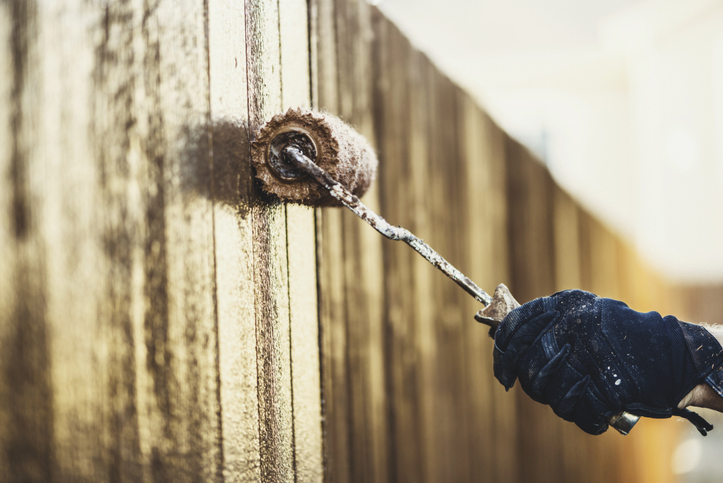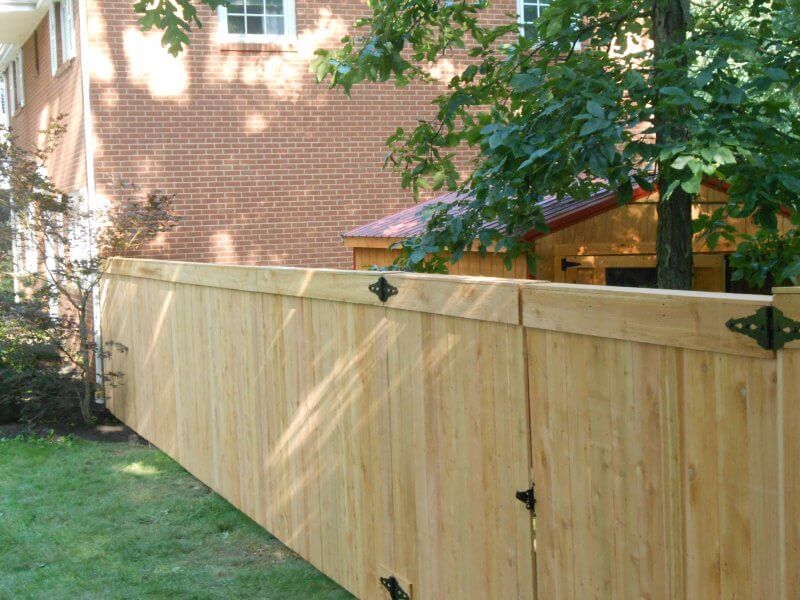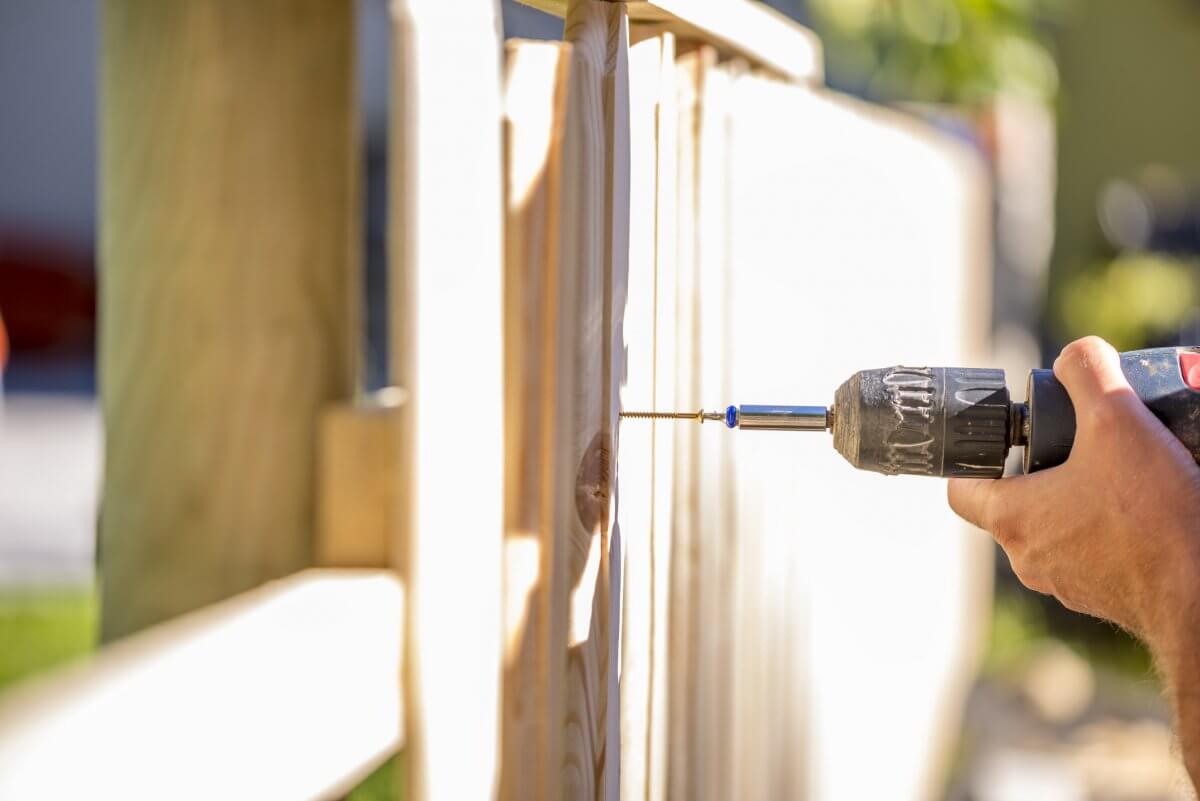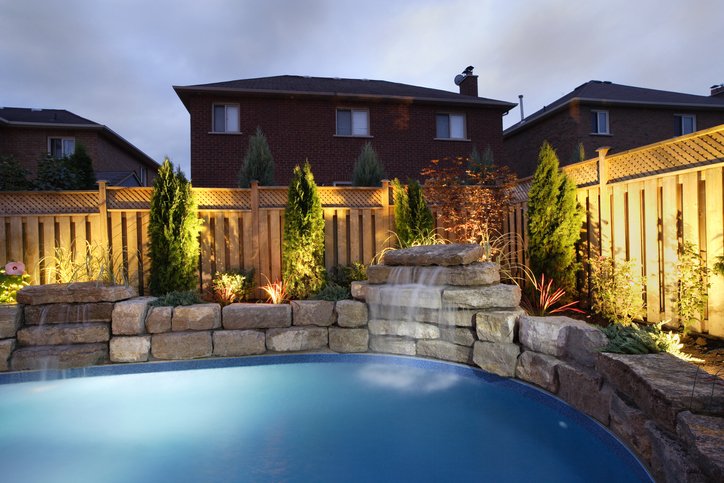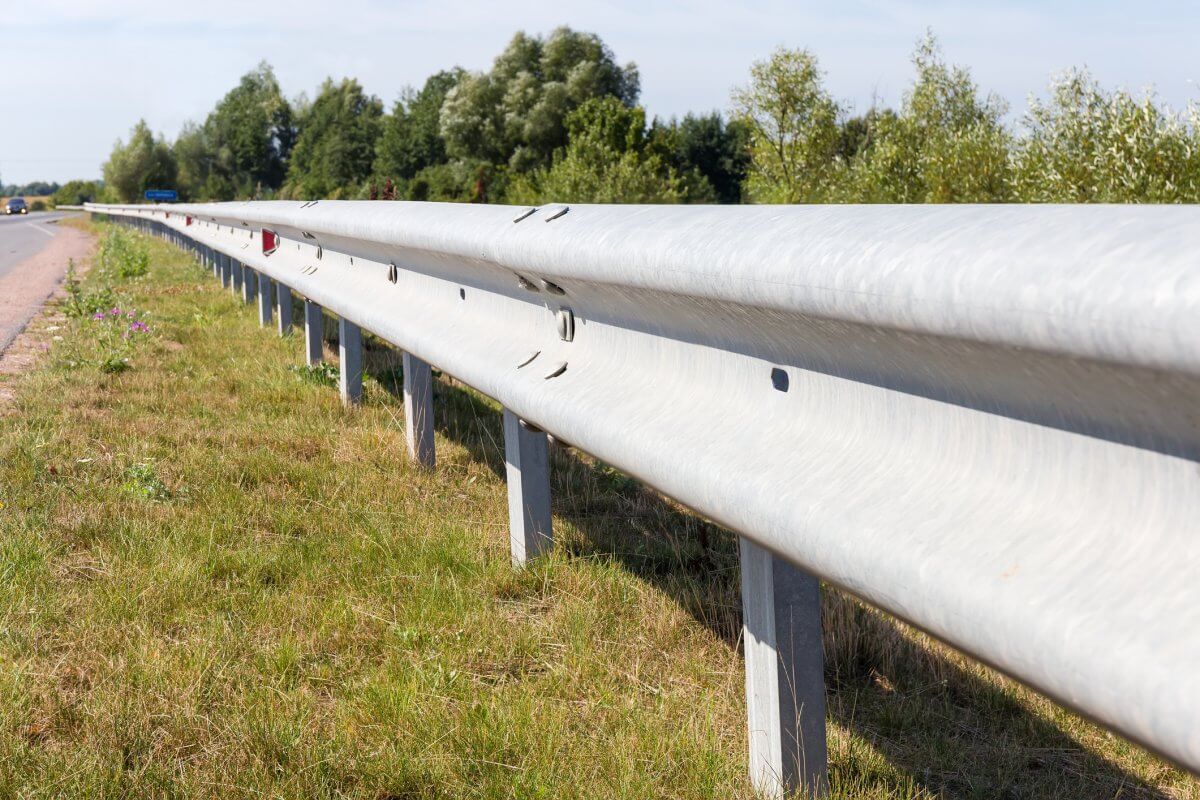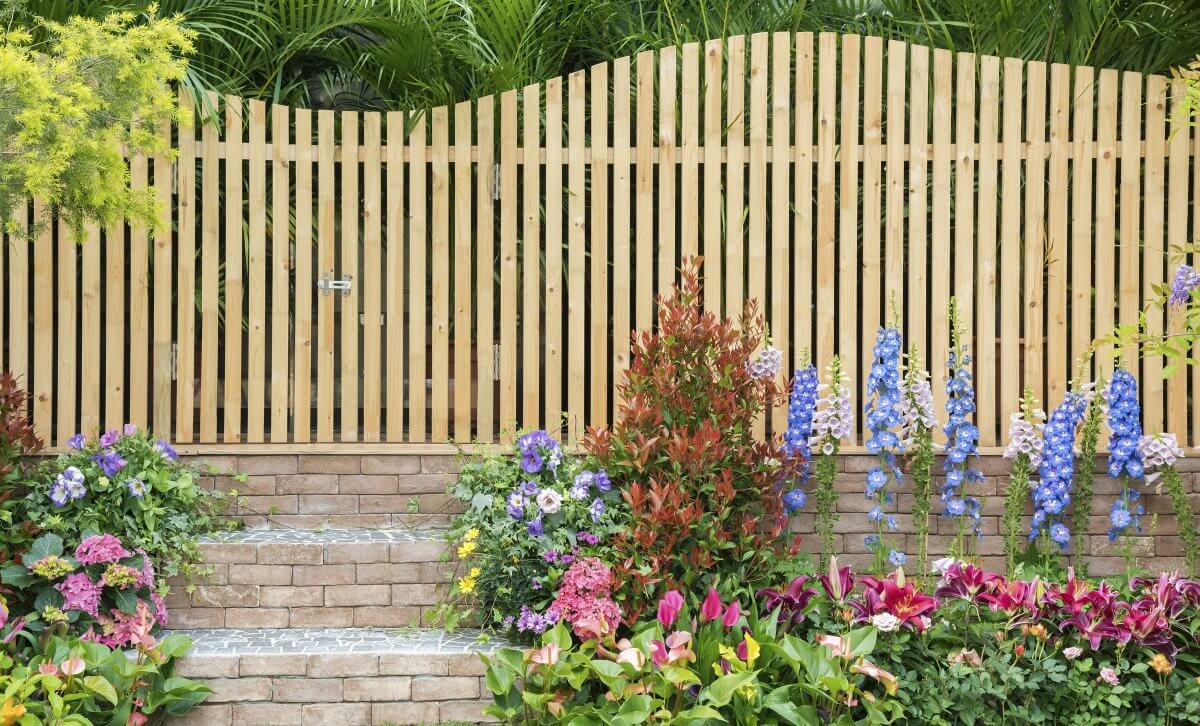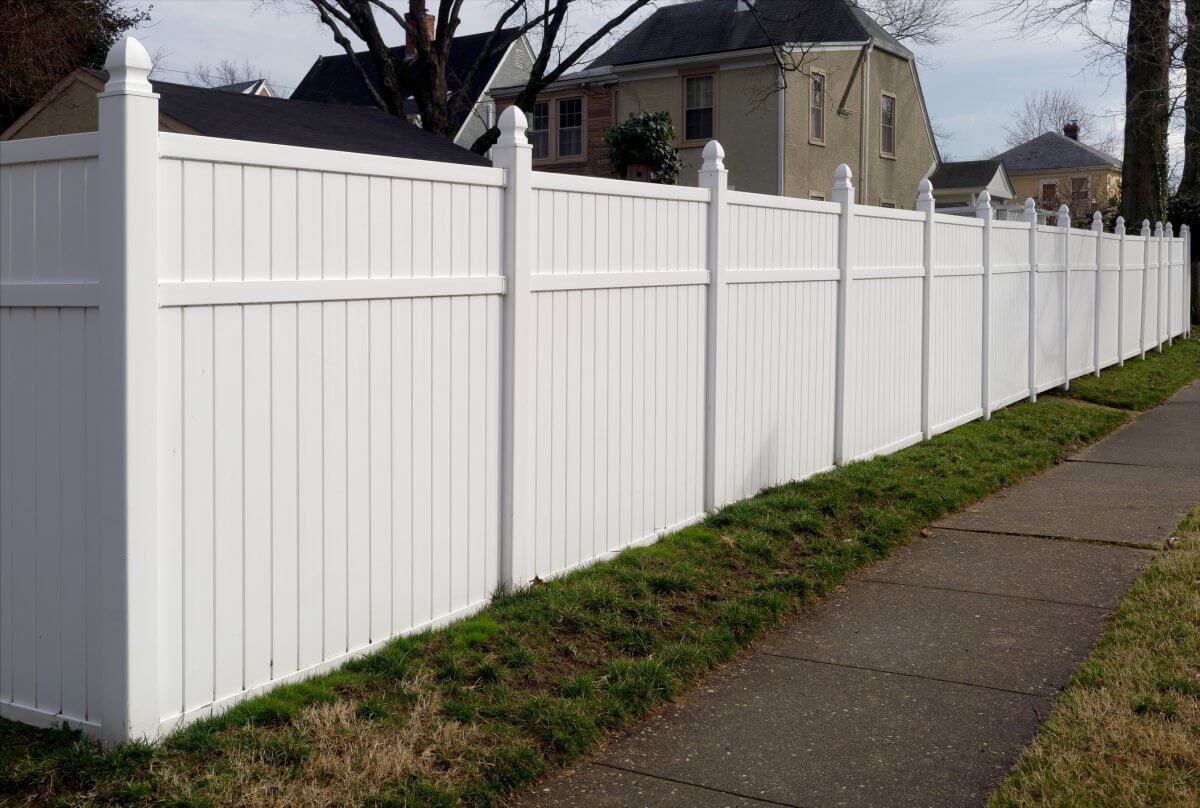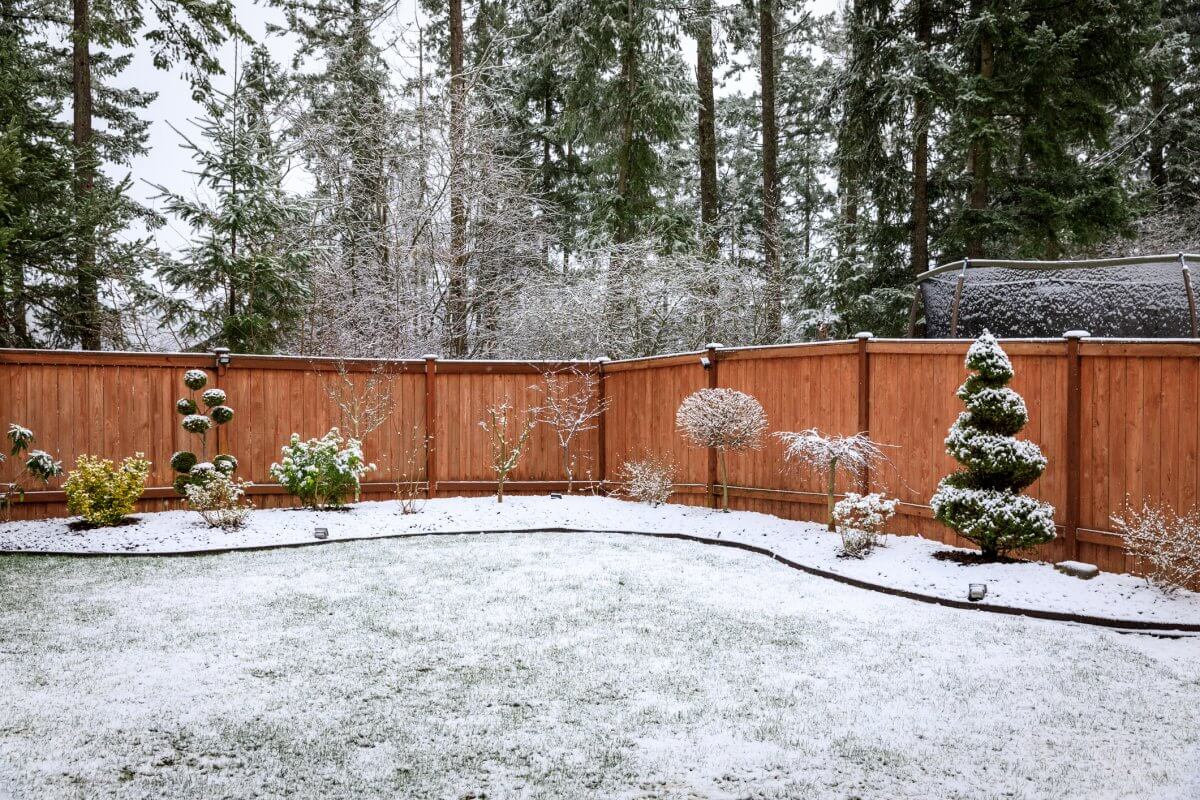If you’re thinking of adding color to your fence, you may be thinking about painting or staining it to create a new look! Painting your fence also provides a way to keep the wood protected. When you have a fence installed, you need to choose to stain, seal, or paint the fence to keep it looking its best. Continue reading “Should I Paint or Stain a Wood Fence?”
Blog
Choosing a Fence to Last through Winter
As a premier fence company in Pittsburgh, Fence by Maintenance Service knows how harsh the winters in our area can be. The winter season in Pennsylvania is rough on fencing with heavy snowfall, high winds, and driving rain. Therefore, it is crucial to choose the right type of fence to withstand the winter season’s worse. Continue reading “Choosing a Fence to Last through Winter”
The Process of Professional Fence Installation
Now that you’ve chosen your fence installation company, you may be wondering what will happen next. At Fence by Maintenance Service, we’ve put together a guide on fence installation so you can better understand the process and what you can expect throughout the process.
Fence Estimate to Confirm Details
To begin, we will have an estimator from our team come to your property. They will measure the run of the intended fence using a long measuring tape or a wheel-type measuring device. Our estimator will also work with you to confirm elements such as the material, style, property line, and any easements that could affect the installation.
Get Your Fence Permit
Check with your local regulations to determine if you need to obtain a fence permit prior to installing your fence. If your city or municipality requires a permit, be sure to apply for the permit as early as possible, so the permitting process doesn’t delay the construction of your fence.
Fence Installation Timeline
Typically, your estimator will arrive quickly, whereas you may wait longer for the builders to arrive. Common wait times are anywhere from two to six weeks, but keep in mind this depends on the season, the company, the area, and other factors that can affect fence installation.
If you need your fence completed sooner, be sure to ask early in the sales process if the company is experiencing a backlog of jobs, if they have the materials on hand, and if you can expect slowdowns due to the season.
Utility Line Marking
Prior to your fence installation, we will call the local utility marking company to visit your property and mark your utility lines. This will help us avoid the utility line when digging during your fence installation.
Digging the Post Holes
Before the fence can be installed, we will arrange a time to dig the fence post holes. If you have soft soil, we can use a hand-held post-hole digger, but typically we will use a motorized auger-style post-hole digger to dig down below the frost line.
By digging below the frost line, we can prevent the posts and your fence from being pushed upward in extremely cold temperatures.
Setting the Posts in Concrete
During the post-installation, don’t be worried if they look too high. We will cut the posts down to size later in the process.
Building the Fence
After your fence posts have been set in concrete, our crew will install the horizontal pieces of your fences, also called stringers, along with the vertical fencing materials, gates, and all other parts of your fence.
If you opt for a horizontal fence, we will not use stringers. For this type of fence, we will space the post holes closer, typically 6 feet apart rather than 8 feet, to allow the horizontal fence boards to be run post to post.
Cleaning up the Worksite
Once your fence installation is complete, our crew will clean up all debris and give you a chance to inspect your fence.
Ready to Install Your New Fence?
The experts at Fence by Maintenance Service can help! We offer a variety of fences comprised of top-quality materials that look great and provide you with long-lasting durability! Contact us today to learn more about our fence installation services!
Reasons to Invest in a Pool Fence
As a pool owner, it is crucial to keep your family safe. One of the most important parts of a pool safety plan is to have a fence installed around the pool. A pool fence can help prevent children and pets from accidentally falling in or drowning.
Pool fences are available in a wide variety of styles and designs and will provide you with the security and peace of mind you need as a pool owner. Pool fences also offer additional benefits besides safety. Benefits of a pool fence include: Continue reading “Reasons to Invest in a Pool Fence”
Guide to Guide Rails
To put it simply, a guard rail is a safety barrier that is used to shield a driver that has left the roadway since, in many cases, the consequences of hitting the guard rail are less severe than hitting the objects beyond the guard rail.
What is the Purpose of a Guardrail?
If a driver is veering off of the road, the best thing that can happen for the car to come to a stop unrestricted. However, this is not possible with all roadways. Some roadways have utility poles on either side, steep embankments or slopes, retaining walls, and trees that the vehicle could make contact with.
Hitting a guard rail has fewer consequences, in most cases, than striking objects along the roadway, which is why a guard rail is installed or should be installed. Their purpose is to help guide the vehicle back onto the roadway, make crashes less severe, and can also help slow the vehicle to a complete stop or slow it down.
There are countless situations drivers may find themselves in, so it is impossible to say that guard rails can protect against every situation. The speed and size of the vehicle also come into play when it comes to the performance of the guardrail. When guardrails are installed, transportation engineers carefully determine the placement. This helps to protect drivers in most conditions.
What is the Function of a Guardrail?
A guardrail functions as an entire system that includes the posts, the guardrail, the connection of the posts, the end terminal, the anchoring system, and the soil the posts are installed in. These elements all influence how well the guardrail will function when an impact occurs.
The two key components of the guardrail system are the guardrail face and the end terminal:
Guardrail face – This is the length of the guardrail that extends from the end terminal along the side of the road. This component functions to guide the vehicle back onto the road.
End Terminal – Where the guardrail begins is called the end treatment. An exposed end of the guardrail will typically be outfitted with an energy-absorbing end treatment designed to absorb the energy of the impact. This end treatment works by having the impact head slide down the length of the guardrail, flattening and redirecting the guardrail away from the vehicle until it has come to a stop.
Type of Guard Rails
There are a variety of guardrails for different applications. There are a variety of guide rails, including:
W-beams – These are standard highway and traffic safety rails. These rails are made from high gauge steel and are coated to withstand the elements.
Bolt-on – These can be installed in single, double, or triple rails depending on your application needs.
Drop-in – These types of guide rails are easy to access and feature brackets that allow the post section to slide into the structure for simple installation.
Looking for Guardrail Installation? Fence by Maintenance has You Covered!
At Fence by Maintenance, we have a highly trained team with the tools needed to get the job done right. We are the top choice for Pittsburgh guardrail installation and offer fair, competitive pricing to our clients. Contact us today to learn more!
Different Types of Guide Rails
Guide rails serve a purpose for safety and create a barrier, making them a critical part of a variety of industrial structures. They have a variety of applications and are typically installed in highways as a barrier against vehicle impact, prevent falls, and in production areas. Guide rail assemblies are also installed at platform ends and are also used in mezzanine structures in places such as warehouses. Continue reading “Different Types of Guide Rails”
Importance of Guard Rails
Highway guardrails are crucial to keeping roadways safe by helping to prevent minor accidents from escalating to major ones. Guard rails are normally placed in safe areas that protect drivers from more dangerous areas along roadways. Continue reading “Importance of Guard Rails”
How Long Do Fences Last?
Part of finding the perfect fence for your home is not only choosing the color and design but is also choosing the material that will suit your aesthetic and security requirements. The durability and lifespan of your fence are the two most important factors. Continue reading “How Long Do Fences Last?”
Best Choices for Security Fences
In some cases, ample forms of coverage such as walls, shrubs, trees, and even traditional and privacy fencing can make your home a target for burglars looking to strike during the daytime while many people are out at work. This covering around your home can provide them with a way to conceal themselves as they break into your home. Continue reading “Best Choices for Security Fences”
How Tall Should My Fence Be?
When installing a fence, there are a variety of factors you need to consider from the type of material you choose to where you want to put your fence. One major factor in your fence installation is determining how tall you want your fence to be. Continue reading “How Tall Should My Fence Be?”
What is the Purpose of Guard Rails?
The main purpose of a guard rail, also known as a guide rail, is to provide a safety barrier for motorists who have left the roadway. Guardrails can serve a variety of purposes for keeping motorists safe. A guard rail can help to deflect a vehicle back to the roadway or slow down the vehicle to a complete stop. It can also, in some cases, help to slow down the vehicle and allow the vehicle to process past the guard rail.
Can Fences be Installed During the Winter?
Winter fence installation in Pittsburgh? Yup – we do that!
It’s not uncommon for many home and business owners to put off fence installation until the early spring. After all, that’s when landscaping, hardscaping and planting typically recommences. However, many don’t realize if the ground isn’t frozen, Fence by Maintenance Service, Inc. can install your fence any time of the year – including the winter. Continue reading “Can Fences be Installed During the Winter? “


